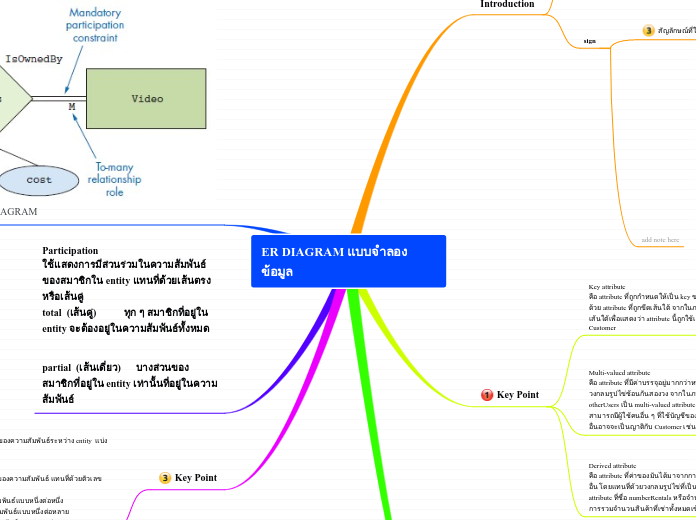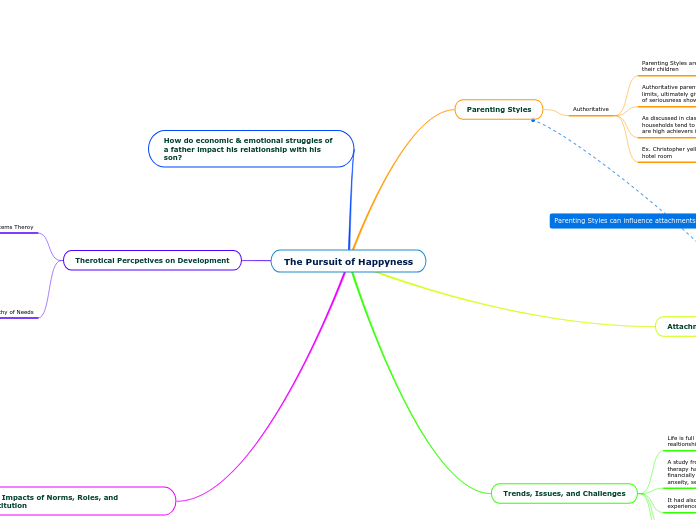von Seyi Bamgbaiye Vor 9 Jahren
343
Gatsby CourseWork
Fitzgerald and Austen delve into the complexities of social class within their novels, albeit through different lenses and periods. Austen’s "Pride and Prejudice" focuses on early 19th-century England, emphasizing the pivotal role of finances in determining social status and exploring inter-class prejudices.









